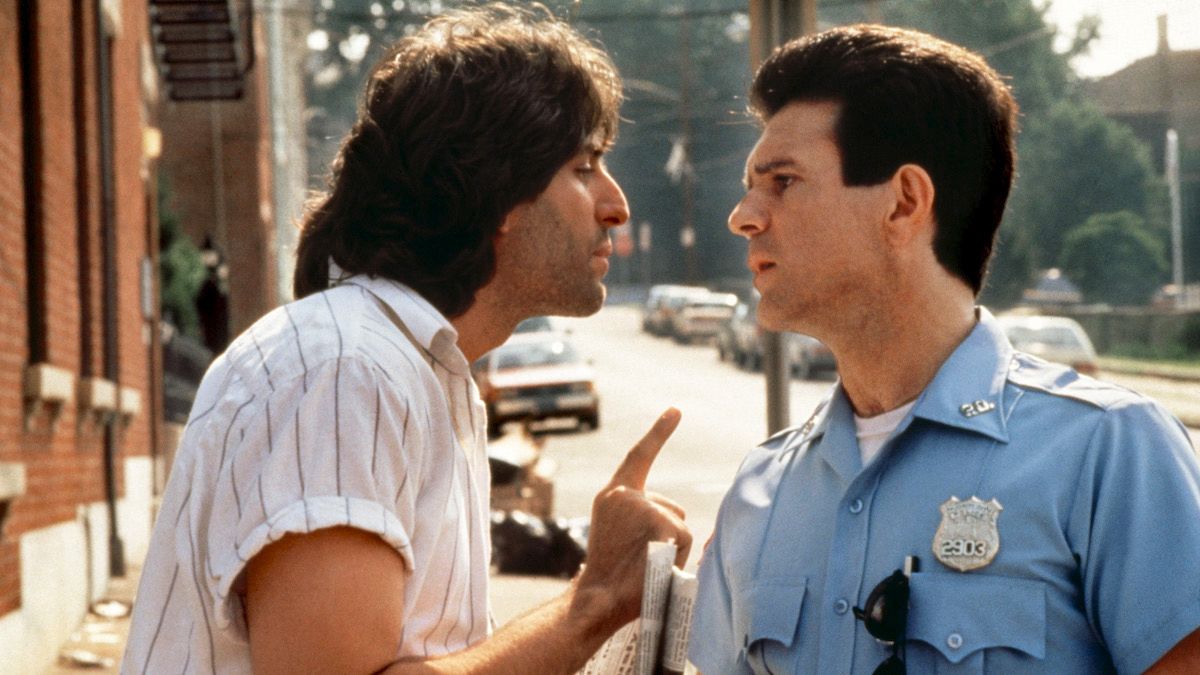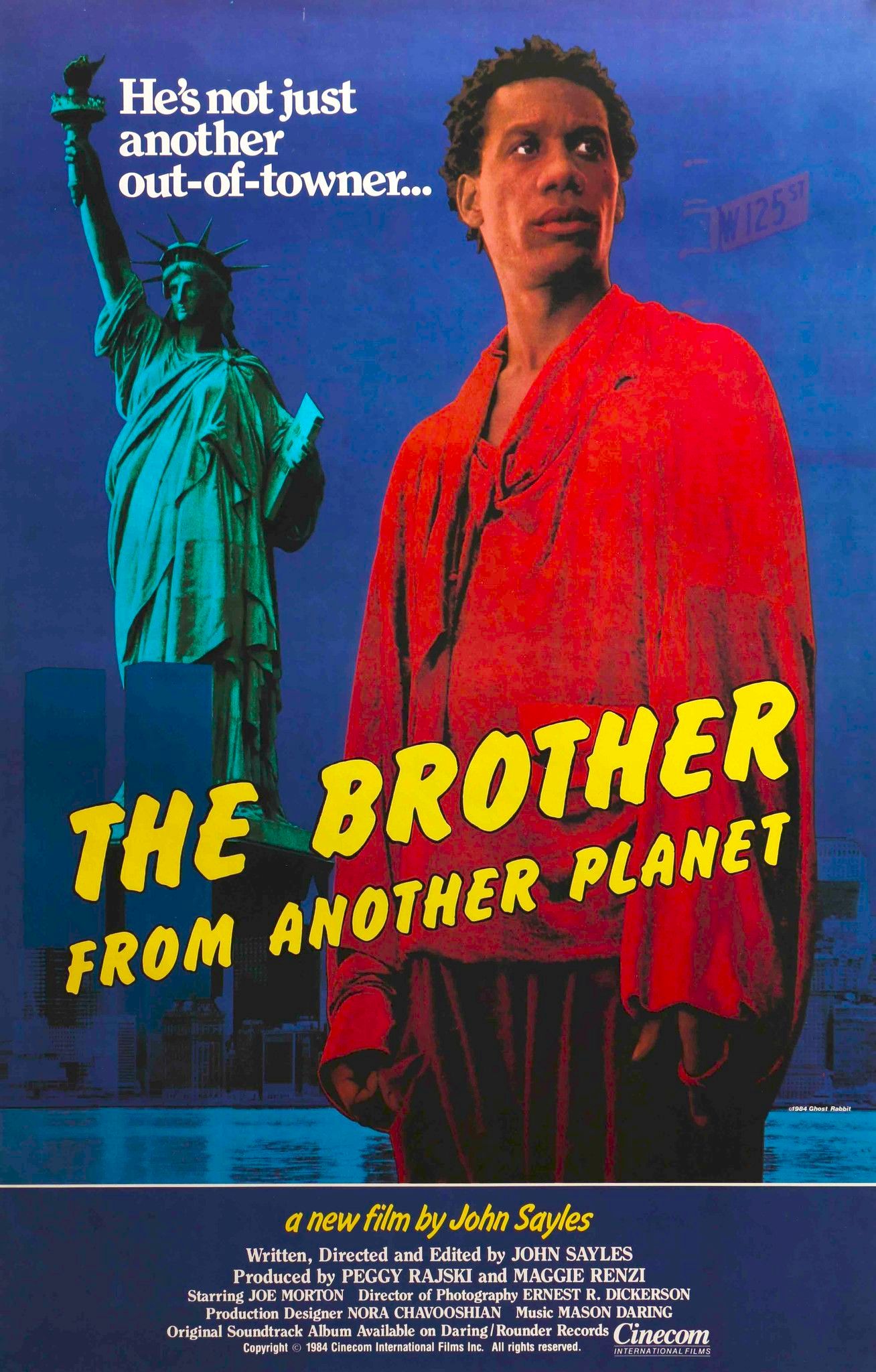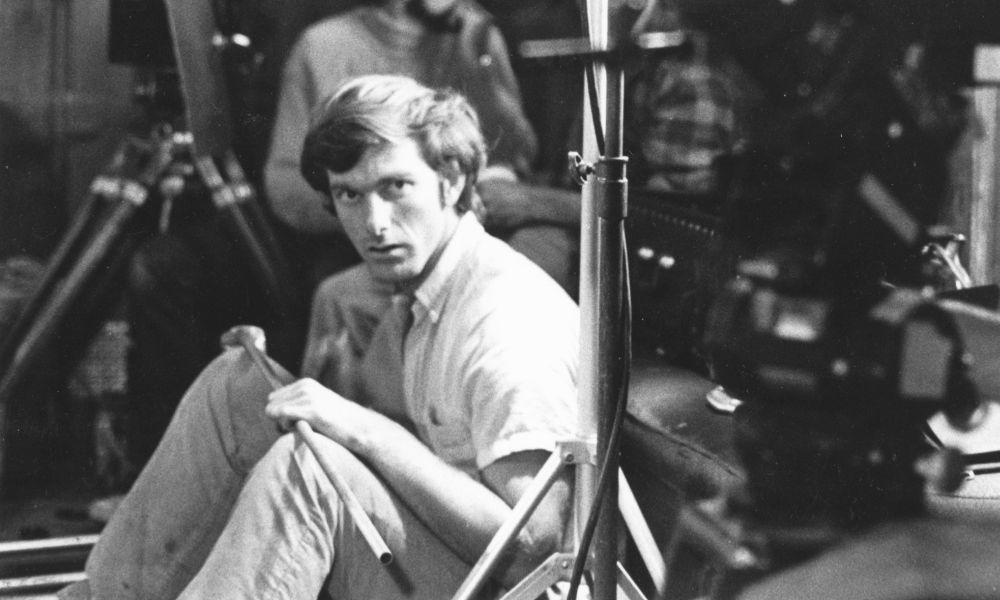“The sheer variety of Sayles' material, and his ability to mould it to a private vision of American history, confirm him as an unusually ambitious writer-director whose work admirably defies categorisation.” - Geoff Andrew (The Film Handbook, 1989)
John Sayles
Director / Screenwriter / Editor
(1950- ) Born September 28, Schenectady, New York, USA
(1950- ) Born September 28, Schenectady, New York, USA
Key Production Country: USA
Key Genres: Drama, Ensemble Film, Social Problem Film, Americana, Psychological Drama, Comedy Drama, Romantic Drama, Period Film, Mystery, Adventure Drama
Key Collaborators: Mason Daring (Composer), Maggie Renzi (Producer), David Strathairn (Character Actor), Chris Cooper (Leading Actor), Haskell Wexler (Cinematographer), Gordon Clapp (Character Actor), Joe Morton (Leading Actor), Sarah Green (Producer), Dan Bishop (Production Designer), Nora Chavooshian (Production Designer), Clifton James (Character Actor), Kris Kristofferson (Character Actor)
Key Genres: Drama, Ensemble Film, Social Problem Film, Americana, Psychological Drama, Comedy Drama, Romantic Drama, Period Film, Mystery, Adventure Drama
Key Collaborators: Mason Daring (Composer), Maggie Renzi (Producer), David Strathairn (Character Actor), Chris Cooper (Leading Actor), Haskell Wexler (Cinematographer), Gordon Clapp (Character Actor), Joe Morton (Leading Actor), Sarah Green (Producer), Dan Bishop (Production Designer), Nora Chavooshian (Production Designer), Clifton James (Character Actor), Kris Kristofferson (Character Actor)
"John Sayles, prolific writer, actor and producer, has retained a reputation as a truly inventive and versatile independent Hollywood director for the past twenty years... For the most part his films are allegorical in content, socialist in perspective, and generally focus on communities under threat from the external and internal forces of capitalism, imperialism, and patriarchy." - Peter Homden & Ian Haydn Smith (Contemporary North American Film Directors, 2002)
"No other American director has so successfully straddled both Hollywood and independent filmmaking as John Sayles. While his fellow independents have tended to restrict themselves either in terms of audience (Jim Jarmusch, Henry Jaglom) or creative scope (Woody Allen), Sayles has continued to make highly individual, idiosyncratic films of increasingly ambitious range, aimed firmly at a mainstream audience, without compromising his own subversive outlook." - Philip Kemp (International Dictionary of Films and Filmmakers, 1991)

City of Hope (1991)
“A quirky writer-director of independent motion pictures who has carved a niche for himself as a creator of low-budget movies for the art-house audience. A former novelist and award-winning author, he has approached the movie business with refreshing resourcefulness and humor - and has even managed to create a modest reputation for himself as an actor in many of his own films.” - The Encyclopedia of Hollywood, 2004
“As with Robert Altman, Sayles’ narratives are often sprawlingly intricate, featuring large casts of characters populated from a recurring stock company of actors. The extensive research that goes into every one of his films results in a keenly understood sense of place and a focus on working people, often marginalised or oppressed – usually by the inherent violence of capitalism – across multiple strata of a given community. His is an inescapably political cinema, but it’s hard to side with those critics who describe his work as didactic. Sayles’ films often essay deep-set social injustices, but they don’t presume a solution to the complex realities he presents; only an incisively humanistic, empathetic focus on the lives of the working folk who endure them.” - Matthew Thrift (BFI, 2020)
"In an era when last year's indie wunderkind is too often this year's studio sellout, screenwriter-director John Sayles stands apart, his rugged self-reliance a beacon to aspiring filmmakers wishing to make complex pictures that say something… Between assignments, Sayles has become America's most celebrated independent filmmaker, one who has not repeated himself, moving from one distinct subject matter to the next. Though his visual style has often seemed secondary to his literary concerns, his command of the camera has grown, thanks in part to collaborations with the likes of such esteemed directors of photography at Haskell Wexler and Robert Richardson." - The Hollywood.com Guide to Film Directors, 2004
"As befits a connoisseur of extended groups and variegated perspectives, John Sayles is himself a mass of men—not just the director of essentially independent films rooted in good talk, character study, and social reflection, but the writer of take-the-money-and-run screenplays; an odd, droll actor; a writer of fiction; a MacArthur Foundation fellow; and an altogether earnest, likeable, hardworking example to other independents. Indeed, for all his variety, there is an emphatic integrity to Sayles—it may be his greatest limit as an artist, as if he lacked the imagination for betrayal." - David Thomson (The New Biographical Dictionary of Film, 2010)
"Sayles' films are about people, politics, hardship and decision-making. Often their characters find that it's time to make a stand, in much the same way Gary Cooper did in the equally politically-minded High Noon. The settings in Sayles' films are often industrial or working-class. An exception is the true-life period baseball drama Eight Men Out, but Sayles' films are always pocked by patches of dullness, and here the drama succumbs altogether. More successful are Matewan and City of Hope." - David Quinlan (Quinlan's Illustrated Guide to Film Directors, 1999)
"You know, the hardest thing to get made now in the United States is a stand-alone feature that’s not part of the Marvel universe or another Fast & Furious sequel or something like that. There’s been some pretty good [stand-alone] ones that just didn’t make enough money for the studios. So the question is, are there enough people going back to movie theaters to do it? And then if you say, “This is an off-Hollywood, independent movie,” even fewer of those theaters survived COVID. So just the number of screens, if you do the math. It’s a very shaky ecosystem. - John Sayles (Filmmaker Magazine, 2023)
Selected Filmography
{{row.titlelong}}
GF Greatest Films ranking (★ Top 1000 ● Top 2500)
21C 21st Century ranking (☆ Top 1000)
T TSPDT R Jonathan Rosenbaum
21C 21st Century ranking (☆ Top 1000)
T TSPDT R Jonathan Rosenbaum
John Sayles / Favourite Films
The Organiser (1963) Mario Monicelli, Port of Shadows (1938) Marcel Carné, Raging Bull (1980) Martin Scorsese, Sawdust and Tinsel (1953) Ingmar Bergman, Seven Samurai (1954) Akira Kurosawa, The Spirit of the Beehive (1973) Victor Erice, The Treasure of the Sierra Madre (1948) John Huston, Two Women (1960) Vittorio De Sica, The Wages of Fear (1953) Henri-Georges Clouzot, Yojimbo (1961) Akira Kurosawa.
Source: Empire (2008)
The Organiser (1963) Mario Monicelli, Port of Shadows (1938) Marcel Carné, Raging Bull (1980) Martin Scorsese, Sawdust and Tinsel (1953) Ingmar Bergman, Seven Samurai (1954) Akira Kurosawa, The Spirit of the Beehive (1973) Victor Erice, The Treasure of the Sierra Madre (1948) John Huston, Two Women (1960) Vittorio De Sica, The Wages of Fear (1953) Henri-Georges Clouzot, Yojimbo (1961) Akira Kurosawa.
Source: Empire (2008)
John Sayles / Fan Club
Domino Renee Perez, Guy Westwell, Matthias Lerf, Thomas Beltzer, Todd Field, Sam Wigley.
Domino Renee Perez, Guy Westwell, Matthias Lerf, Thomas Beltzer, Todd Field, Sam Wigley.
"Fan Club"
These film critics/filmmakers have, on multiple occasions, selected this director’s work within film ballots/lists that they have submitted.
These film critics/filmmakers have, on multiple occasions, selected this director’s work within film ballots/lists that they have submitted.


